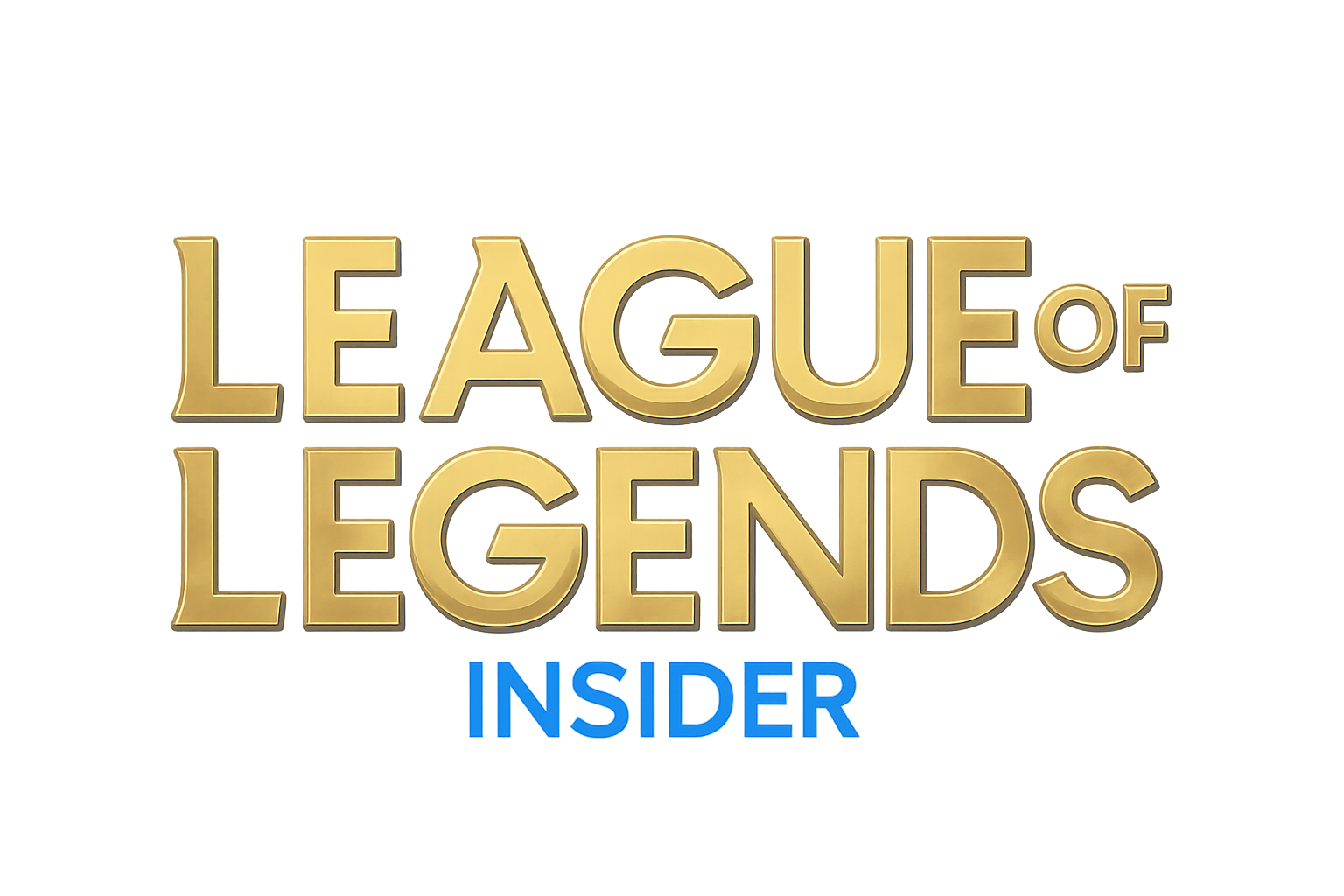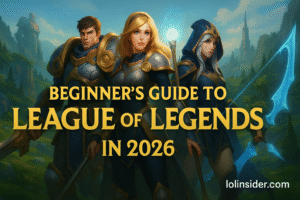The role of draft in esports success cannot be overstated. In League of Legends and many other competitive games, the draft phase (also called pick/ban phase) often sets the stage for victory or defeat before the first minion even spawns. A smart draft can amplify team strengths, neutralize opponents, and dictate the pace of the game.
This article explores how drafts shape competitive success, why some teams excel in this area, and what lessons casual players can learn from professional drafting strategies.
What Is the Draft Phase?
In professional League of Legends, each game begins with a drafting phase where teams:
- Ban Champions: Remove problematic picks or deny enemy comfort champions.
- Pick Champions: Choose from the remaining pool, one by one, alternating between teams.
This process determines the team composition, defining win conditions, synergies, and power spikes.
Why the Draft Is So Important
- Win Conditions Are Set Early
- Drafting defines whether a team will play for early aggression, scaling, or teamfighting.
- Example: A composition with Jinx + Lulu wants to scale, while Lucian + Nami seeks lane dominance.
- Counterpicking and Matchups
- Drafting allows teams to counter specific champions.
- Example: Picking Malphite into Camille or Ornn into a melee bruiser.
- Flex Picks Create Uncertainty
- Champions like Gragas, Sett, or Akali can be flexed across roles, keeping opponents guessing.
- Flexibility is a weapon in draft mind games.
- Patch Meta Alignment
- Strong drafts adapt to the patch. If the patch buffs enchanters, teams should consider them.
- Ignoring patch shifts often leads to poor drafts.
Drafting Strategies in Pro Play
1. Comfort vs. Meta Picks
- Some teams prioritize putting players on champions they excel with (comfort).
- Others prioritize top-meta champions regardless of player preference.
- The best drafts balance both.
2. Early Pick Power Picks
- Teams often first-pick champions with strong meta presence (e.g., Aphelios, Maokai, Azir).
- Securing these picks ensures reliable scaling or control.
3. Red Side vs. Blue Side
- Blue Side Advantage: First pick allows access to top-tier champions.
- Red Side Advantage: Counterpicks on last rotation punish predictable drafts.
4. Targeted Bans
- Teams ban champions to deny enemy stars their signature picks.
- Example: Banning Faker’s Azir or Deft’s Aphelios.
Draft Examples From Pro History
- IG at Worlds 2018
- Aggressive drafts around TheShy and Rookie.
- Focused on snowballing early leads through strong laning picks.
- FPX at Worlds 2019
- Drafted around Doinb’s unique picks (Nautilus mid, Galio).
- Opponents struggled to adapt to their unconventional style.
- EDG at Worlds 2021
- Balanced drafts with scaling carries and reliable frontlines.
- Excelled at adapting to opponents’ strengths.
How Bad Drafts Lose Games
- No Win Condition: Teams draft champions that don’t synergize.
- Mixed Damage Profiles: Full AD comps get countered by armor stacking.
- Ignoring Meta: Picking outdated champions leaves teams at a disadvantage.
- Over-Reliance on Comfort: Ignoring synergy for one player’s pick often backfires.
Lessons for Solo Queue Players
Even in ranked games, the role of draft matters. Players can apply pro strategies:
- Avoid Bad Synergies: Don’t lock Yasuo if your team has no knock-ups.
- Balance Damage Types: If your team already has 3 AD champions, consider picking an AP option.
- Think Win Conditions: Does your comp win early, mid, or late? Play accordingly.
- Don’t Tilt in Champ Select: A poor draft isn’t always a loss—execution matters.
Draft and Esports Success: The Mind Game
Drafting is more than numbers—it’s psychological warfare.
- Forcing Comfort Picks: Drafts push enemies into champions they’re less skilled with.
- Baiting Bans: Teams sometimes highlight a pick in scrims to bait opponents into banning it.
- Bluffing with Flex Picks: Creating uncertainty forces opponents to make mistakes.
FAQs
Q: Is draft more important than in-game execution?
A: Both matter. A good draft sets you up for success, but execution decides the outcome.
Q: Do teams always play their drafts correctly?
A: Not always—sometimes poor understanding of a draft’s win condition leads to losses.
Q: How can fans evaluate drafts?
A: Look for synergy, balance of damage, engage tools, and scaling options.
Conclusion
The role of draft in esports success is undeniable. Drafts dictate team strategies, force mind games, and establish win conditions long before minions spawn. Teams that excel at drafting—balancing meta picks, comfort champions, and counterpicks—often find themselves with a major edge.
For solo queue players, understanding drafting principles can also help win more games. After all, League of Legends isn’t just played on the Rift—it’s won and lost in champion select.







